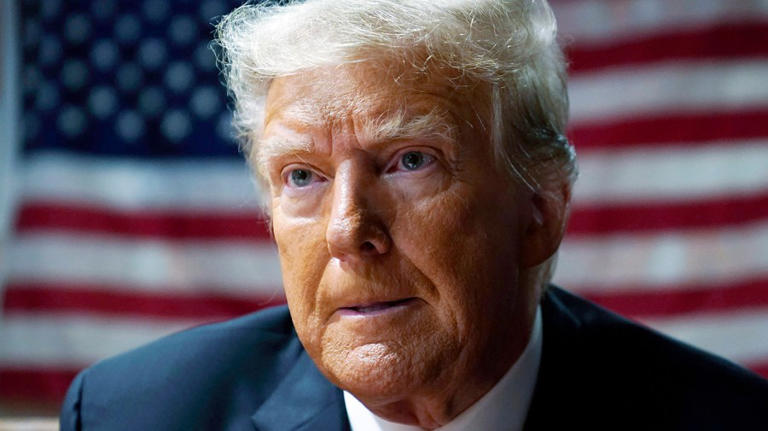In its recent report, the Congressional Budget Office (CBO) has delivered a stark assessment, warning of the potentially dire consequences of extending tax cuts enacted under former President Trump’s landmark 2017 tax law. The projection paints a troubling picture of ballooning deficits, with the CBO estimating that the extension of expiring income tax provisions could add a staggering $3.3 trillion to the nation’s primary deficits between 2025 and 2034. Particularly concerning is the revelation that the majority of these adverse effects are anticipated to materialize after 2026, exacerbating an already precarious fiscal situation.
Of immediate concern is the impending expiration of key individual income tax provisions next year. These provisions, which encompass a wide array of elements such as statutory tax rates and brackets, allowable deductions, and the child tax credit, have been pivotal components of the tax code since the passage of the 2017 law. Their expiration threatens to upend the status quo, potentially leading to significant disruptions in tax policy and financial planning for millions of Americans.
Furthermore, the CBO’s projections underscore the significant financial burden associated with extending other components of the 2017 tax law, including higher estate and gift tax exemptions. These projections serve as a sobering reminder of the fiscal challenges facing policymakers, highlighting the need for prudent decision-making and fiscal responsibility in navigating the nation’s complex economic landscape.
Notably, the CBO’s report has ignited a fierce debate among lawmakers, with Democrats seizing on the projections to denounce the Trump-era tax cuts as a giveaway to the wealthy and large corporations. Senate Budget Committee Chair Sheldon Whitehouse has called for the expiration of these tax cuts, arguing that it represents an opportunity to rectify the perceived injustices of the past and pave the way for a fairer, more equitable tax code.
Conversely, Republican lawmakers have defended the 2017 tax law as a catalyst for economic growth and job creation, pushing back against Democratic criticism of the legislation. They have also raised concerns about the CBO’s scoring of the tax cuts, emphasizing the need for a balanced approach to tax policy that promotes growth while ensuring fiscal sustainability.
However, the expiration of these tax cuts is just one piece of the fiscal puzzle facing Congress. Another looming challenge is the impending showdown over the debt ceiling, with the current suspension set to expire in 2024. With the nation’s debt soaring to over $34 trillion, policymakers face mounting pressure to address the nation’s fiscal woes while avoiding a potentially catastrophic default on its obligations.
In navigating these complex fiscal challenges, policymakers must prioritize bipartisan cooperation and responsible governance. The CBO’s projections serve as a sobering reminder of the importance of sound fiscal policy in safeguarding the nation’s economic future, underscoring the need for thoughtful, evidence-based decision-making to address the nation’s fiscal challenges effectively.
